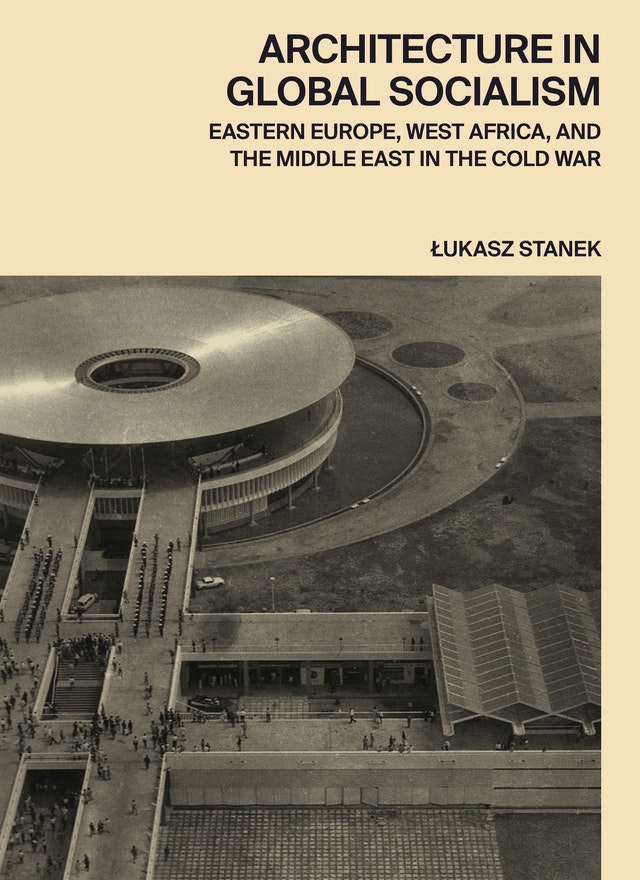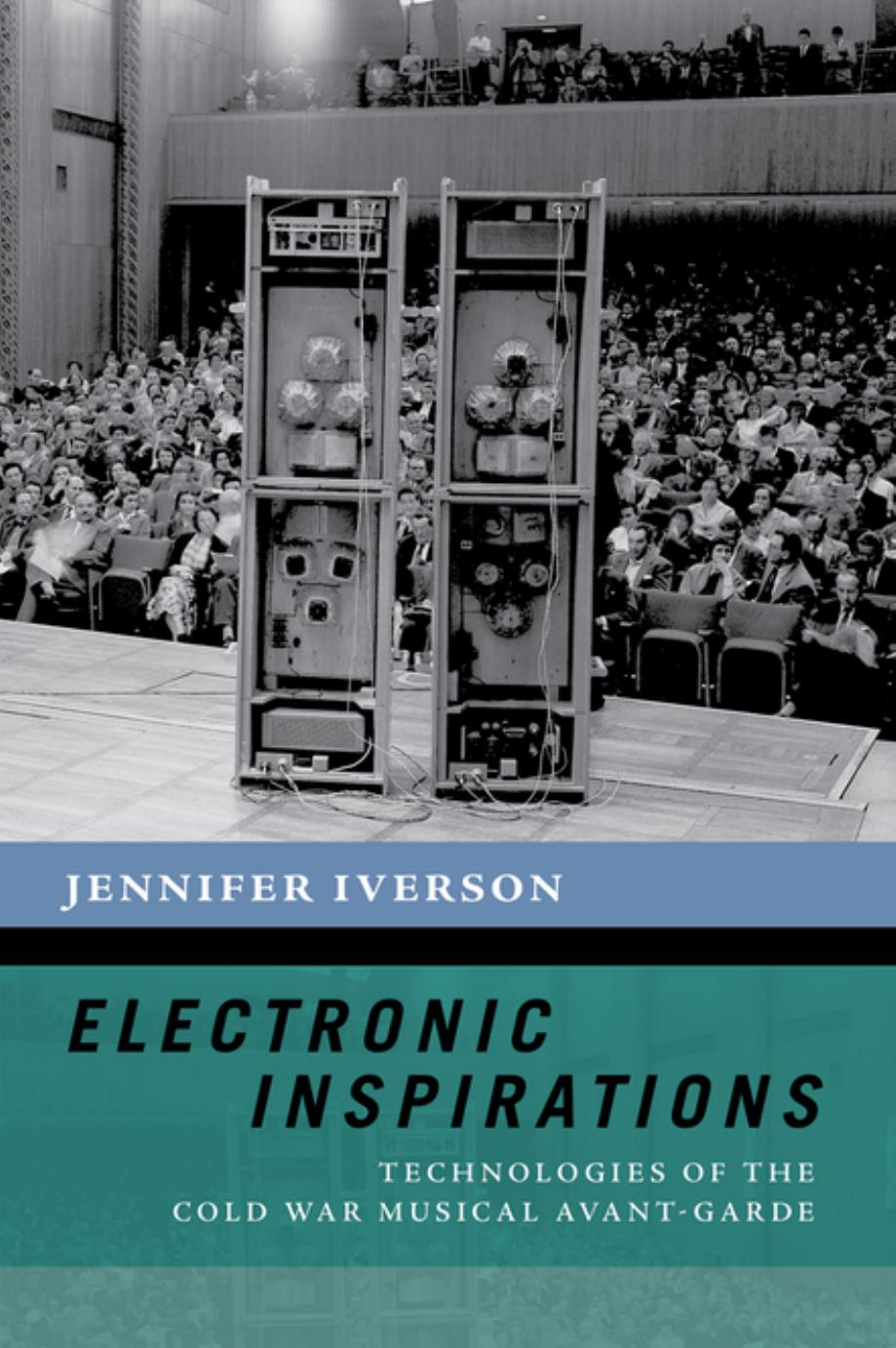Łukasz Stanek: Architecture in Global Socialism: Eastern Europe, West Africa, and the Middle East in the Cold War (2020)
Filed under book | Tags: · architecture, cold war, eastern europe, global south, history of architecture, housing, middle east, socialism, soviet union, vernacular architecture, yugoslavia

“In the course of the Cold War, architects, planners, and construction companies from socialist Eastern Europe engaged in a vibrant collaboration with those in West Africa and the Middle East in order to bring modernization to the developing world. Architecture in Global Socialism shows how their collaboration reshaped five cities in the Global South: Accra, Lagos, Baghdad, Abu Dhabi, and Kuwait City.
Łukasz Stanek describes how local authorities and professionals in these cities drew on Soviet prefabrication systems, Hungarian and Polish planning methods, Yugoslav and Bulgarian construction materials, Romanian and East German standard designs, and manual laborers from across Eastern Europe. He explores how the socialist development path was adapted to tropical conditions in Ghana in the 1960s, and how Eastern European architectural traditions were given new life in 1970s Nigeria. He looks at how the differences between socialist foreign trade and the emerging global construction market were exploited in the Middle East in the closing decades of the Cold War. Stanek demonstrates how these and other practices of global cooperation by socialist countries—what he calls socialist worldmaking—left their enduring mark on urban landscapes in the postcolonial world.
Featuring an extensive collection of previously unpublished images, Architecture in Global Socialism draws on original archival research on four continents and a wealth of in-depth interviews. This incisive book presents a new understanding of global urbanization and its architecture through the lens of socialist internationalism, challenging long-held notions about modernization and development in the Global South.”
Publisher Princeton University Press, Princeton, NJ, 2020
ISBN 0691168709, 9780691168708
368 pages
Reviews: Gregor Harbusch (BauNetz, 2020), Alexander Adams (The Critic, 2020), Owen Hatherley (The Guardian, 2020).
Interview with author (Hilde Heynen & Sebastiaan Loosen, Architectural Histories, 2019)
PDF (55 MB, updated on 2021-4-13)
Comment (0)John Beck, Ryan Bishop: Technocrats of the Imagination: Art, Technology, and the Military-Industrial Avant-Garde (2020)
Filed under book | Tags: · art and science, art history, avant-garde, bauhaus, cold war, cybernetics, democracy, liberalism, military, technology, war

“In Technocrats of the Imagination John Beck and Ryan Bishop explore the collaborations between the American avant-garde art world and the military-industrial complex during the 1960s, in which artists worked with scientists and engineers in universities, private labs, and museums. For artists, designers, and educators working with the likes of Bell Labs, the RAND Corporation, and the Los Angeles County Museum of Art, experiments in art and technology presaged not only a new aesthetic but a new utopian social order based on collective experimentation. In examining these projects’ promises and pitfalls and how they have inspired a new generation of collaborative labs populated by artists, engineers, and scientists, Beck and Bishop reveal the connections between the contemporary art world and the militarized lab model of research that has dominated the sciences since the 1950s.”
Publisher Duke University Press, Durham, 2020
Cultural Politics series
ISBN 9781478005957, 1478005955
viii+229 pages
Review: Lindsay Caplan (Art in America, 2020).
PDF, PDF (updated on 2022-1-16)
Comment (0)Jennifer Iverson: Electronic Inspirations: Technologies of the Cold War Musical Avant-Garde (2018)
Filed under book | Tags: · avant-garde, cold war, collaboration, cultural history, electroacoustic music, electronic music, information theory, music history, technology

“Cold War electronic music—made with sine tone and white-noise generators, filters, and magnetic tape—was the driving force behind the evolution of both electronic and acoustic music in the second half of the twentieth century. Electronic music blossomed at the Westdeutscher Rundfunk (WDR [West German Radio]) in Cologne in the 1950s, when technologies were plentiful and the need for cultural healing was great. Building an electronic studio, West Germany confronted the decimation of the “Zero Hour” and began to rebuild its cultural prowess. The studio’s greatest asset was its laboratory culture, where composers worked under a paradigm of invisible collaboration with technicians, scientists, performers, intellectuals, and the machines themselves. Composers and their invisible collaborators repurposed military machinery in studio spaces that were formerly fascist broadcasting propaganda centers. Composers of Cold War electronic music reappropriated information theory and experimental phonetics, creating aesthetic applications from military discourses. In performing such reclamations, electronic music optimistically signaled cultural growth and progress, even as it also sonified technophobic anxieties. Electronic music—a synthesis of technological, scientific, and aesthetic discourses—was the ultimate Cold War innovation, and its impacts reverberate today.”
Publisher Oxford University Press, New York, 2018
The New Cultural History of Music series
ISBN 9780190868192, 0190868198
xi+303 pages
Reviews: Lucie Vágnerová (Integral, 2019), Ted Gordon (Current Musicology, 2019), James Davis (Music & Letters, 2019), Maurice Windleburn (Sound Studies, 2020).
PDF (32 MB)
Comment (0)
